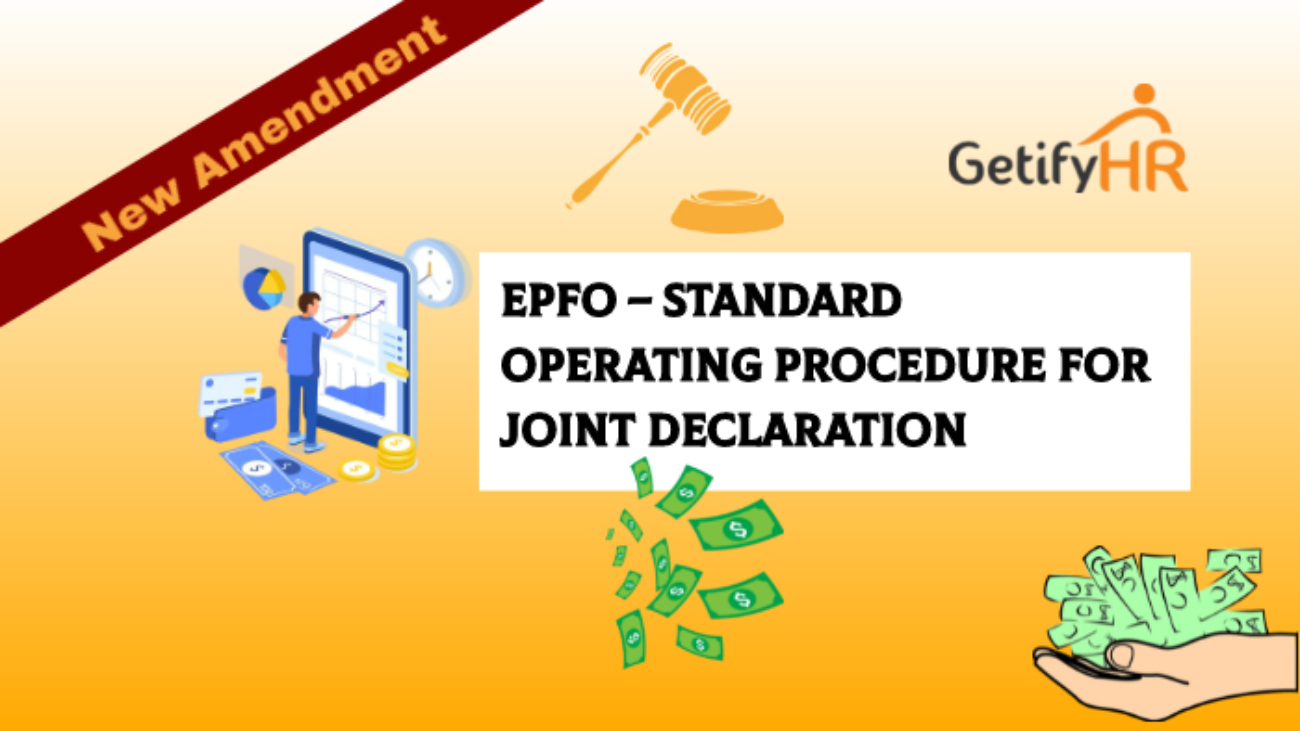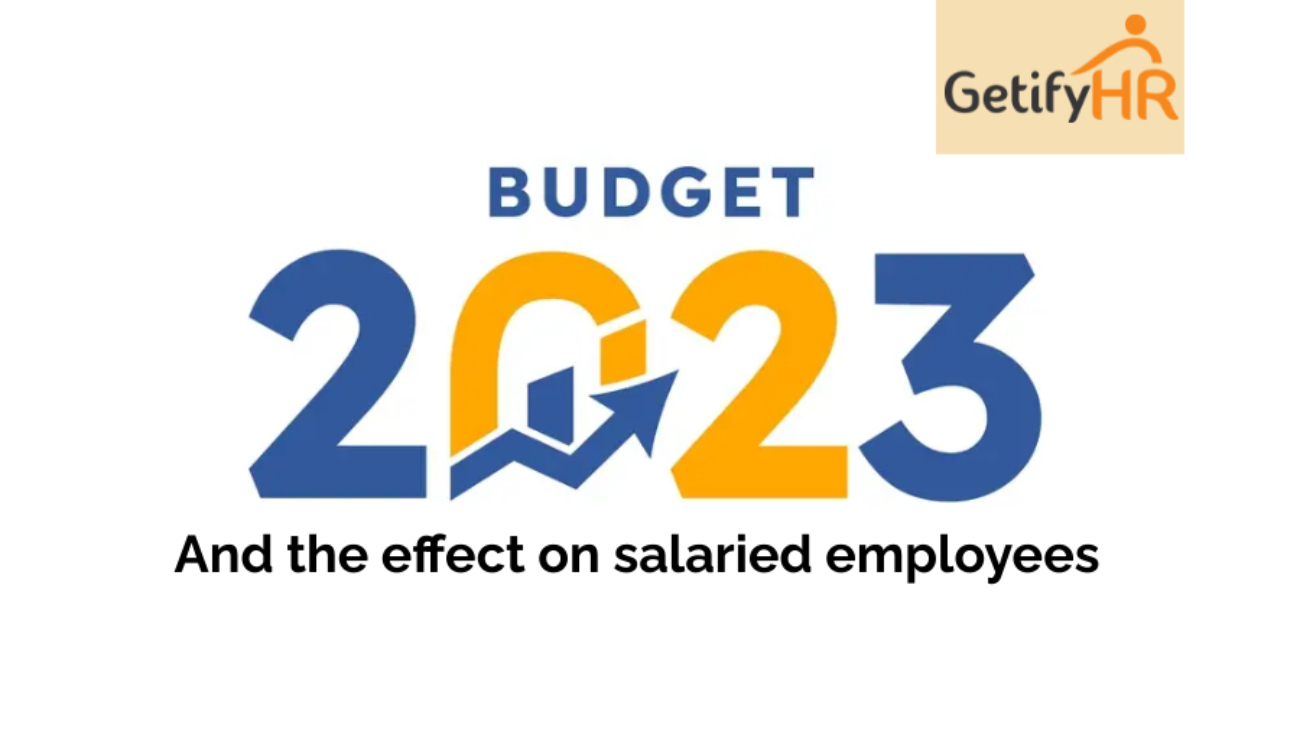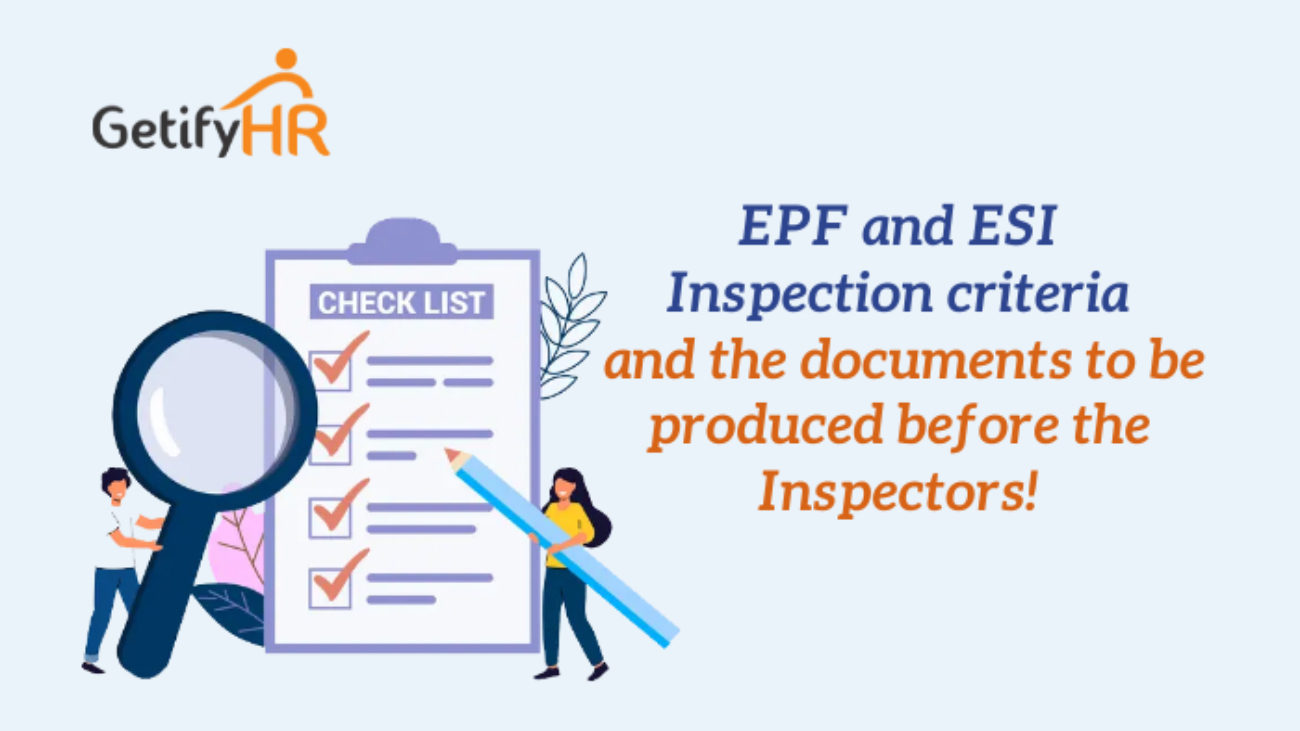In the Union Budget presented on July 23, 2024 Ms. Nirmala Sitharaman stated, “As part of the Prime Minister’s package, our government will implement the following three schemes for employment-linked incentive: enrollment in the EPF, focus on recognition of first-time employees, and support to employees and employers’ scheme.”
First-time employees who enroll in the EPFO are expected to profit from these three employee-linked incentive schemes:
- Scheme A (one month’s salary for freshers)
- Scheme B (job creation in manufacturing)
- Scheme C (assistance to employers)
Bird’s Eye View:
Scheme A: one month’s salary for freshers
Those who are First-time Employment will receive a subsidy of up to ₹15,000, or one month’s salaries, under this policy. It pertains to all industries and individuals who are just starting their career with organization registered under EPFO and make less than ₹1 lakh a month. Hon’ble FM Ms.Nirmala Sitharaman declared that the employee will receive the subsidy in three installments (Direct Benefit Transfer).
Before collecting the second installment, the employee must complete a required online course in financial literacy in order to be eligible for this. Employer reimbursement of the subsidy is required if the first-time employee’s job ends within a year of hiring. The duration of this program is two years.
Here is a detailed analysis of each scheme, including its main features and advantages.
Phenomenal Advantages:
Financial Assistance: New hires will be given a subsidy equal to one month’s salary, up to ₹15,000, which will be paid out in three installments as Direct Benefit Transfer.
Inclusivity: Relevant to new workers entering the workforce with organization registered under EPFO who make less than ₹1 lakh per month, across all industries.
Financial Literacy: To encourage financial understanding, employees must successfully finish a required online course in financial literacy before becoming eligible for the second installment.
Employment Retention Incentive: To encourage longer-term employment, employers are required to return the subsidy if the employment job ends within a year.
Breakthrough: Meant to make it easier for new hires to adjust to the workplace during their first few months.
Scheme B: Manufacturing Sector Job Creation
Employers-both corporate and non-corporate that have made EPFO contributions for the past three years are eligible. It can be used in the manufacturing industry for significant first-time employee hiring. The employer is required to hire a minimum of 50 or 25% of the baseline in prior non-EPFO enrolled workers.
Employer Incentive: Designed to encourage long-term EPFO membership, this incentive is applicable to companies that have contributed to the organization for three years.
Targeting significant recruiting in the manufacturing industry, the law requires firms to add at least fifty new employees, or 25% of their current workforce, whichever is higher.
Economic Growth: The program seeks to promote industrial growth and economic development by concentrating on the manufacturing sector.
Insight: Manufacturing employers who have contributed to the EPFO for at least three years will be qualified. Nonetheless, if the number of EPFO employees from the prior year is less than 50, the company must hire at least 25% of the baseline.
Employees having a monthly salary of up to Rs. 1 lakh who are EPFO-registered direct payroll (in-sourced) would be eligible.
The four-year subsidy will be split evenly between the company and the employee. It will be computed as follows: 24% of the wage or salary for the first and second years, 16% for the third, and 4% for the Fourth.
In addition to the subsidy specified under Scheme A, the employer will receive this one as well. However, should the employee’s employment end within a year, the company will be required to reimburse the subsidy amount.
Breakthrough: Scheme B is a focused strategy to support the manufacturing industry by providing incentives for large-scale labor growth.
Scheme C: Assistance to Employers in Boosting Employment
This program is applicable to employers who sustain the higher level of employment and add at least two employees (for companies with fewer than fifty employees) or five employees (for companies with fifty or more employees) above the baseline (the number of EPFO employees from the prior year). It also applies to employees whose monthly salary does not exceed ₹1,00,000.
New hires under this section do not necessarily have to be members of EPFO. Under this, the government would pay the company back for the additional employees hired the year before, up to ₹3,000 per month, for the EPFO employer contribution. This will last for two years. It does not apply to employees who are covered by Scheme B.
Baseline Increase: Encourages employers to hire more people than the baseline from the prior year.
Financial Compensation: The government would pay back the EPFO employer contribution for a maximum of ₹3,000 per month for two years for each new employee hired.
Wide Applicability: This program is available to a greater variety of workers because it does not require new employees to be EPFO members.
Suitable for Varying Business Sizes: Customized cutoff points for both big and small employers guarantee that companies of all sizes can profit.
Emphasis on High-Salary Jobs: Applied to workers earning up to ₹1 lakh per month, this initiative aims to improve workforce quality by focusing on higher-paying positions.
Insight:
Scheme C- will be eligible if they add at least two employees (for those with less than fifty employees) or five employees (for those with fifty or more employees) above the baseline.
The government will repay employer contributions to EPFO up to Rs. 3,000 per month for a period of two years. On the other hand, payment for the prior quarter will be made on a quarterly basis if a company creates more than 1000 jobs.
Employees who make less than Rs. 1 lakh per month, regardless of whether they are new to EPFO, will be eligible under this scheme.
Enhancement: The goal of Scheme C is to promote long-term job growth by giving financial assistance to companies that hire more people.
Conclusion:
Union Budget 2024 is known to be brimming with Employment-Linked Incentive Schemes altogether. If you are in need of any clarification in this regard, GetifyHR, the paramount Compliance and Payroll Service Provider will lend the needed assistance. Our services preserve compliance, improve employee happiness, and guarantee flawless payroll management.










